Health Desk
Sandeep Dhand Ludhiana
Journalist and Research Analysist
In today’s fast-paced world, the idea of detoxification or “detox” has become a widely discussed topic, especially when it comes to nutrition and health. Detox nutrition focuses on helping the body remove toxins and rejuvenate by eating certain foods and following specific dietary protocols. This approach is based on the premise that modern life exposes us to a variety of toxins, including environmental pollutants, processed foods, and chemicals, which may accumulate in our bodies over time and lead to health problems. The goal of detox nutrition is to support the body’s natural detoxification processes to enhance overall health.
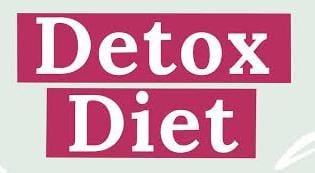
What is Detox Nutrition?
Detox nutrition refers to a dietary regimen aimed at cleansing the body of harmful substances. It often involves consuming nutrient-dense foods that are rich in vitamins, minerals, antioxidants, and fibers, all of which are essential for aiding the liver and kidneys—key organs in the body’s detoxification system. Detox diets typically eliminate processed foods, alcohol, refined sugars, and additives, and focus on whole, unprocessed, and organic foods.
There are various detox plans ranging from simple one-day detoxes to more elaborate multi-week programs. These diets are not just about shedding pounds but also about enhancing your body’s efficiency in dealing with toxins and promoting long-term wellness.
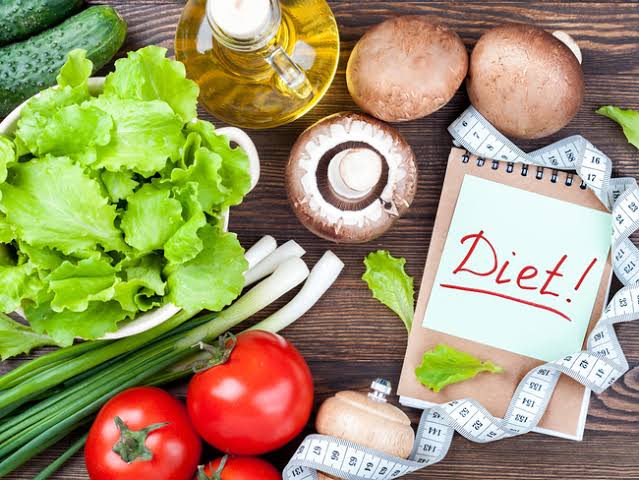
The Body’s Natural Detoxification System
The body is naturally equipped with organs like the liver, kidneys, lungs, skin, and the lymphatic system, which are responsible for filtering and eliminating toxins. The liver, in particular, plays a crucial role in processing toxins, breaking them down, and then excreting them through bile or urine.
- Liver: The liver converts harmful substances into harmless ones through a process called biotransformation. Toxins are either fat-soluble or water-soluble. The liver modifies fat-soluble toxins, making them easier for the body to expel through bile or urine.
- Kidneys: These filter waste products from the blood and regulate the balance of water and electrolytes, excreting toxins in the form of urine.
- Lungs: The lungs help eliminate gaseous toxins, such as carbon dioxide, which is expelled through breathing.
- Skin: Sweat produced by the skin can also help remove toxins.
- Lymphatic System: This network of tissues and organs helps remove waste and toxins from bodily tissues.
The Need for Detoxification
Despite the body’s efficiency in detoxifying itself, various factors in our modern lifestyle can overload these systems, making it more difficult for the body to keep up. Factors that contribute to toxin buildup include:
Pollution: Air, water, and soil pollution expose us to harmful chemicals.
Diet: Processed foods, additives, preservatives, and pesticides add toxins to our bodies.
Medications: Long-term use of certain medications can stress the liver and kidneys.
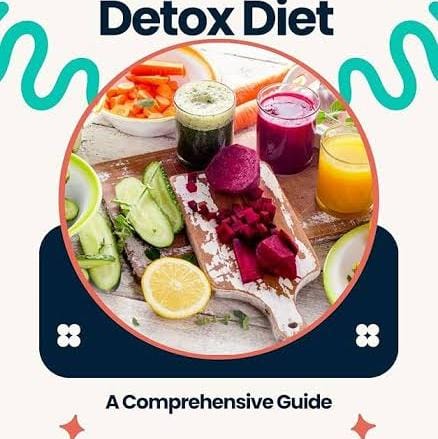
Stress: Emotional and physical stress can negatively impact digestion and liver function.
Lifestyle: Sedentary behavior and lack of exercise may hinder the body’s ability to expel toxins through sweat and the lymphatic system.
These factors increase the need for a detox approach to maintain optimal health.
Components of Detox Nutrition
The primary focus of detox nutrition is on eating foods that promote detoxification while avoiding those that can hinder it. Below are some components of an effective detox nutrition plan:
- Hydration
Water is crucial for detoxification. It helps flush toxins from the body through urine and sweat, and it supports kidney function. Adequate hydration ensures that the body’s detox pathways remain open. Many detox plans encourage drinking lemon water in the morning to support liver function and provide an extra dose of vitamin C.
- Fruits and Vegetables
Fresh, organic fruits and vegetables are packed with antioxidants, vitamins, and fiber that support the detox process. Leafy greens such as kale, spinach, and arugula are particularly beneficial because they contain chlorophyll, which aids in cleansing the liver.
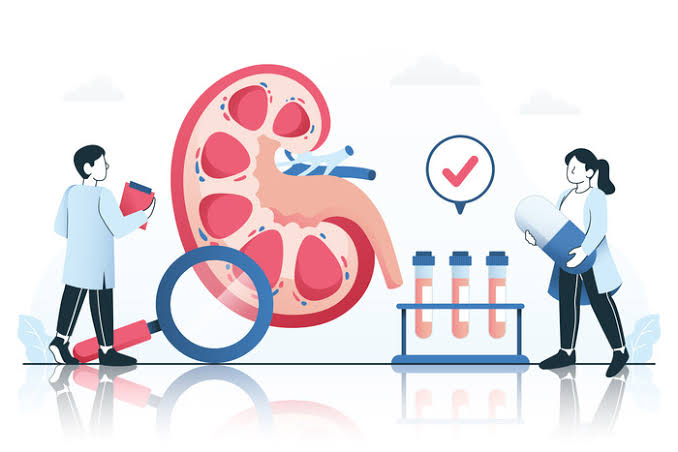
Cruciferous vegetables like broccoli, cauliflower, and Brussels sprouts are also essential in detox nutrition because they help increase enzyme production in the liver, aiding in the breakdown of toxins. Fruits like berries, citrus, and apples provide important antioxidants and fiber, which support digestive health and detoxification.
- Herbs and Spices
Certain herbs and spices have powerful detoxifying properties. For example:
Turmeric: Contains curcumin, an antioxidant that supports liver health.
Ginger: Aids digestion and helps reduce inflammation.
Cilantro: Known for its ability to bind to heavy metals and help eliminate them from the body.
Dandelion Root: Often used in teas, it supports liver function by promoting bile production.
- Fiber-Rich Foods
Fiber plays a key role in detox nutrition by supporting digestive health and aiding in the elimination of toxins through the digestive tract. Whole grains like oats, quinoa, and brown rice, along with seeds such as chia and flaxseeds, provide essential fiber.
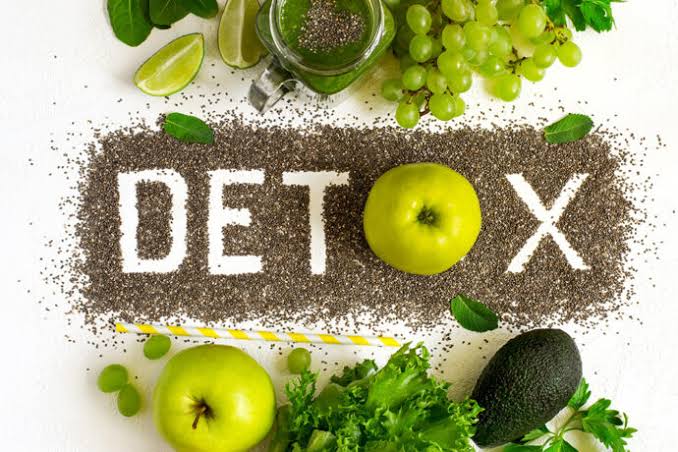
- Healthy Fats
In detox diets, it’s important to include sources of healthy fats, like avocados, nuts, seeds, and olive oil. These fats support cell function and help the body absorb fat-soluble vitamins such as vitamins A, D, E, and K, which are essential for detoxification.
- Probiotics and Prebiotics
Gut health is a significant part of detoxification. Consuming probiotic-rich foods like yogurt, kefir, and fermented vegetables (such as sauerkraut and kimchi) can support a healthy gut microbiome. Prebiotics, found in foods like garlic, onions, and bananas, help feed the good bacteria in the gut.
Foods to Avoid During Detox
During a detox, certain foods and substances should be avoided as they can burden the body’s detoxification systems:
Processed Foods: High in additives, preservatives, and unhealthy fats.
Refined Sugars: Can cause blood sugar imbalances and lead to inflammation.
Alcohol: Increases the liver’s workload.
Caffeine: Can overstimulate the nervous system and dehydrate the body.
Artificial Sweeteners and Additives: May be harmful to gut health and liver function.
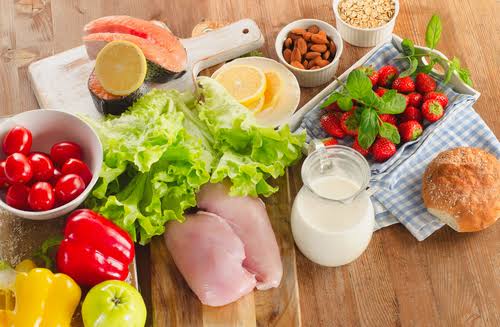
Benefits of Detox Nutrition
Detox nutrition can provide several benefits, including:
Improved Energy Levels: By removing toxins and consuming nutrient-rich foods, the body functions more efficiently, leading to increased energy.
Enhanced Digestion: A detox diet high in fiber and probiotics supports gut health and regular bowel movements.
Clearer Skin: Eliminating toxins can reduce acne, blemishes, and other skin issues.
Weight Loss: While detox diets are not primarily focused on weight loss, many people find that they lose excess water weight and fat due to improved metabolism and reduced bloating.
Mental Clarity: Detoxing from processed foods and sugar can lead to clearer thinking and improved mood.
Conclusion
Detox nutrition is a powerful way to support the body’s natural detoxification processes. By focusing on whole, nutrient-dense foods and eliminating processed, toxin-laden foods, you can enhance your health, boost energy levels, and support overall wellness. However, it’s important to approach detox diets with balance and ensure they are sustainable for long-term health, rather than just a short-term fix. Always consult with a healthcare professional before embarking on any detox plan, especially if you have underlying health conditions.
